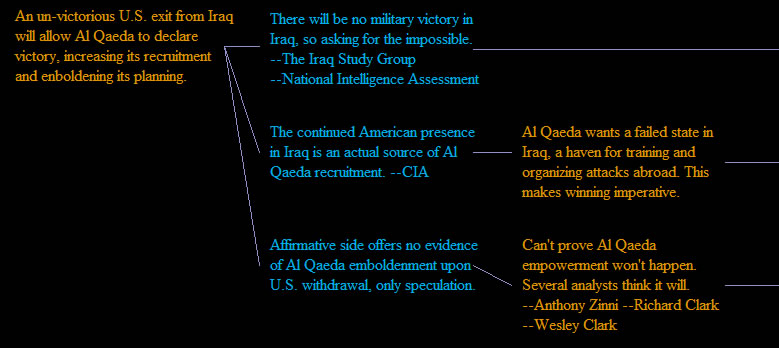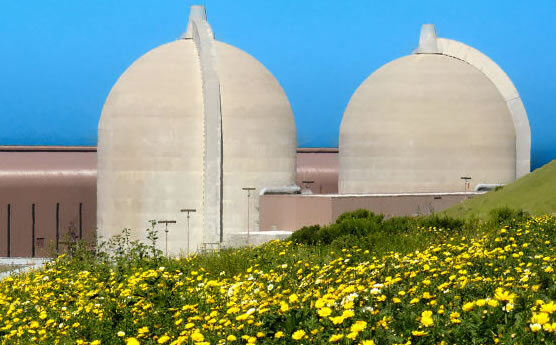Get Your Point Across
The defenders of globalized trade under the WTO claim that the world's economies are more efficient with reduced trade barriers and freer flow of capital. Basing their conclusions on neo-classical economics, they believe that the globe can reach its "pareto optimal" only through unfettered international trade.
Critics contend that globalization is destroying America's industrial base, leading to perennial trade deficits that are bankrupting the U.S. and are decimating its middle class. They claim that the post-World War II prosperity of the Pacific Rim was created behind protectionist barriers, just like America's properity was built in the 19th Century. Which side is right?
View Debate CommentsQuestion: Should fast-neutron and ATW nuclear plants be part of the solution to global warming?
Two alternative nuclear technologies bypass the problems of current commercial nuclear plants, while extracting one-hundred times the energy per unit weight of fuel. Since this correspondingly reduces their carbon-load per megawatt, their carbon footprint is more competitive with solar, wind and geothermal power than conventional nuclear plants.
Some believe, however, that all nuclear plants leak and that there is no "safe" level of radiation. Many contend that all nuclear designs are inherently too complex to operate safely and too capital-intensive to fight global warming. Do these designs deserve consideration in the fight against global warming?
View Debate Comments











